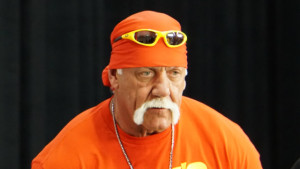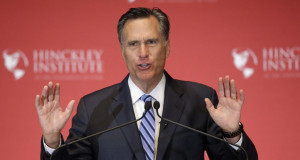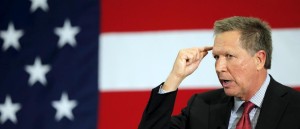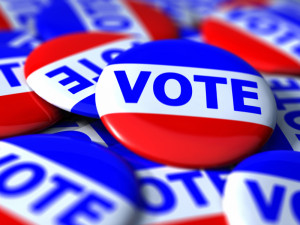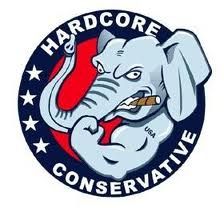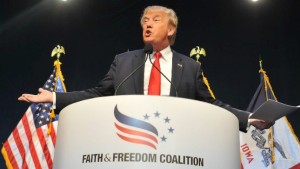Sportscaster Erin Andrews has just won a $55 million award from a jury that ruled her privacy was invaded while she stayed in a hotel.
Someone recorded her in the nude while she was in her hotel room and then sent the video into cyberspace.
I can’t think of anyone who isn’t cheering that verdict. I hope she gets every penny, although it’s not likely she will.
There’s more.
Former pro wrestler Hulk Hogan was recorded having sex with his best friend’s wife. That video was sent out, too.
The Hulkster is suing a publication for invading his privacy.
I have much less sympathy for Hogan — who’s real name is Terry Bollea — simply because of the nature of the video in question. I need not elaborate.
However, I do believe his privacy is as protected as Erin Andrews’ privacy. I hope he wins his suit.
And get a load of what the former editor of Gawker.com, which sent the video of Hogan/Bollea into cyberspace, told a jury today. He said the only people whose privacy should be honored in such a manner are children. At what age? He said 4 years of age. Five-year-olds? Hey, no sweat. They’re fair game.
Here’s how the New York Times reported the testimony:
“Can you imagine a situation where a celebrity sex tape would not be newsworthy?” asked the lawyer, Douglas E. Mirell.
“If they were a child,” Mr. (Albert) Daulerio replied.
“Under what age?” the lawyer pressed.
“Four.”
Holy smokes, dude!
The Times reported that there was an audible gasp in the courtroom. Gee, do you think?
The testimony almost turns Hulk Hogan into a truly sympathetic character.
Almost.
